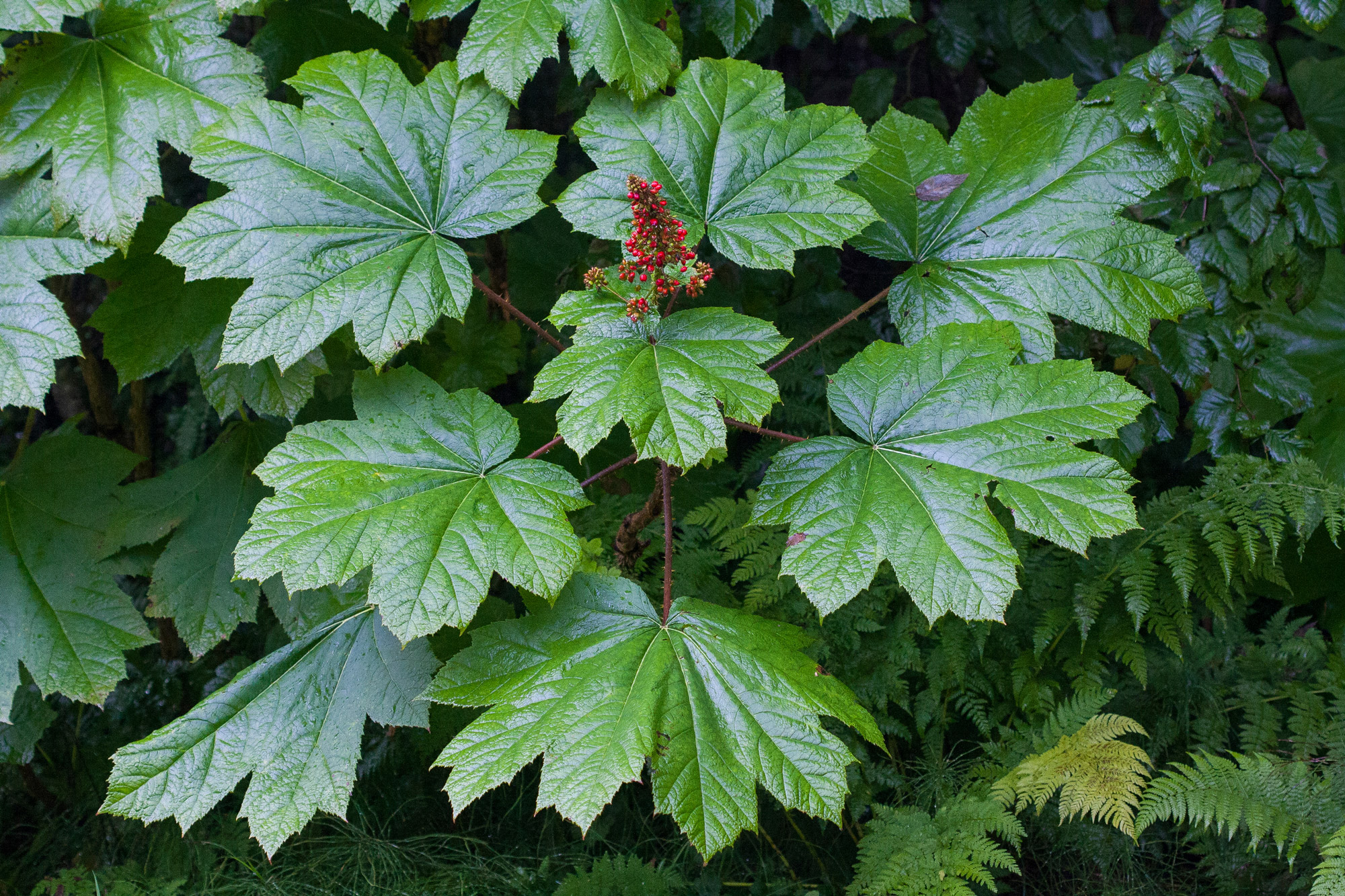
First Nations Perspectives on Food
-
Food is Medicine – Food practices are informed by land, language, and culture.
-
Food is Foundational – Food is central to our emotional, spiritual, and physical health and wellness.
-
Food is Relational – Food is tied to ancestral connections and inherent responsibilities to lands and waters.
About Our Program
FNHA's Nutrition & Food Security (NFS) program supports First Nations-led food initiatives, guided by wholistic and self-determining approaches. We recognize that Western models of nutrition and food security have emerged from colonial contexts. At FNHA, First Nations ways of knowing and being are centered, grounding in community realities.
We continue to learn from Knowledge Holders about the deep connections between food, land, language, and wellness. Our work is rooted in relationships, reciprocity, and respect for diverse food systems and cultural practices.
Using Language with Intention
The Understanding Common Language
Toolkit and
Report are foundational to our team. Words carry different meanings across cultural and societal contexts. Teachings and guidance from Elders, Knowledge Holders, and community leaders continue to remind us of the importance of using language with care, intention, and respect. This ongoing learning supports our commitment to work with humility and center First Nations perspectives.
“Food security to First Nations means that everything is full for the whole community. The freezers, pantries, lunch boxes, and all bellies are full." - Common Language Project Knowledge Holder, Vancouver Coastal Region.
"Food security means protecting all food sources on the land and in the waters for future generations." – Common Language Project Knowledge Holder, Interior Region

Canning Champions Network
Launched in 2018, the Canning Champions Network supports First Nations food leaders through a train-the-trainer model focused on pressure canning and traditional food preservation. Participants gain hands-on skills, build local capacity, and foster community resilience through knowledge sharing and cultural connection.
Communities have used these skills to:
- Run workshops and distribute preserved foods,
- Create emergency food supplies, and
- Revitalize cultural practices.
As a result, benefiting emotional, mental, and spiritual wellness. The Network offers ongoing connection through annual gatherings, pressure canning intensives, and webinars. The Canning Guide can be found in the Resources section of the page.
Food Medicine Peoples Network
Established in 2017, the Food Medicine Peoples Network brings together First Nations Knowledge Holders, dietitians, and food security workers across BC to strengthen culturally safe practices in food and nutrition.
Using a two-eyed seeing approach, the Network addresses systemic challenges in healthcare and supports community-led, strength-based solutions. Through gatherings and webinars, the Network fosters relationships and deepens collective capacity for culturally safe care.
First Peoples Food Sovereignty Table
Established in 2024, the First Peoples Food Sovereignty Table is a collaborative space co-led by FNHA and the Ministry of Agriculture and Food. It supports a more coordinated, wholistic approach to food security. The Table brings together Indigenous-led organizations and cross-ministry partners to share information and explore responsive, community-informed solutions.
Food is Medicine Campaign
FNHA, in partnership with ISPARC, hosts the annual “Food is Medicine" wellness campaign each March. First Nations across BC are invited to share stories abo ut the different foods they grow, hunt, harvest, and eat in their territories. The webinar series builds on community efforts around food sovereignty and provides space for sharing wise practices.
Resources
Social Consequences of COVID-19 and Climate Change on Indigenous Food Security and Food Sovereignty: Stories of Lived Experiences in Salmon Country
A Guide to Your Baby's First Foods
First Nations Traditional Foods
Understanding Common Language Project
Canning Foods: Your Guide to Successful Canning
Cooking in Two Worlds
Teach Food First Traditional food lessons

